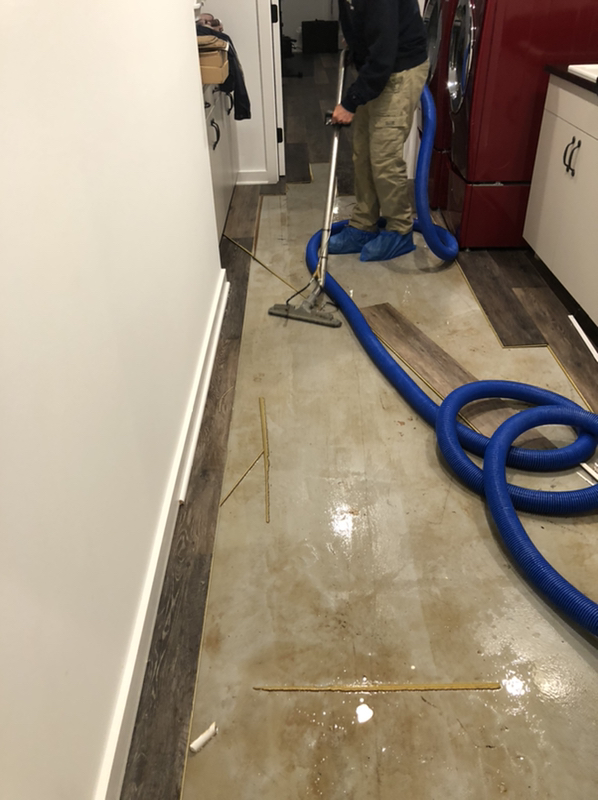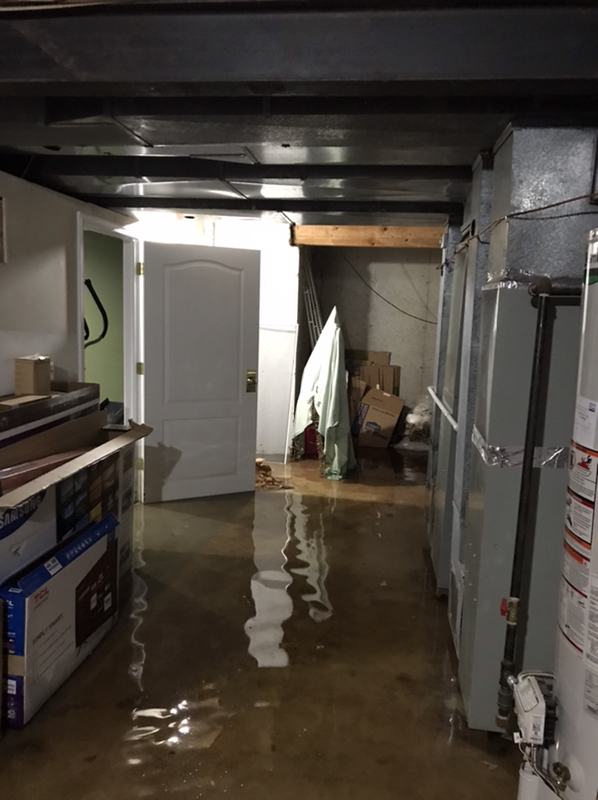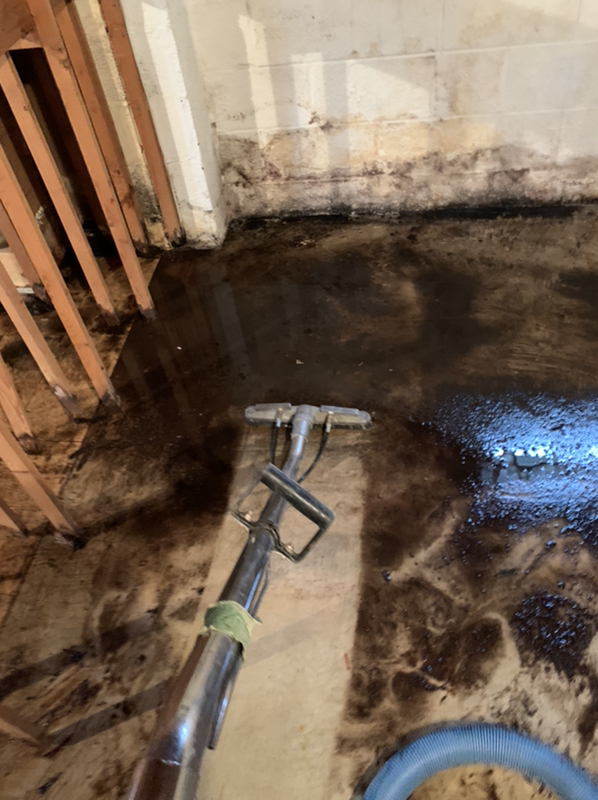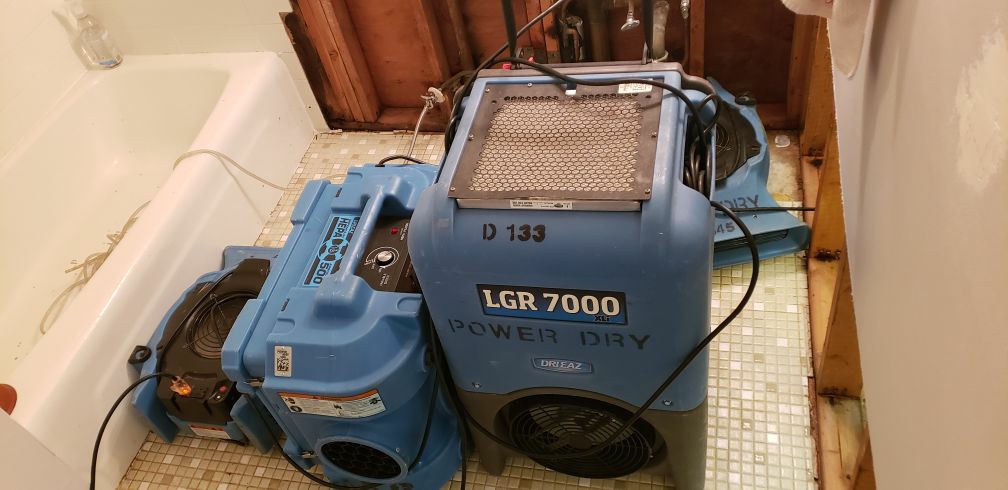Water damage can be devastating. Commercial and residential properties may be left with mold, rotting materials, and deteriorating structures. A water-damaged property can be structurally unsound and create an unhealthy indoor environment. On top of all of that, water damage can hurt property value.
What Is a Water Damage?
Any type of physical damage done to your property when it comes in contact with water is known as water damage. Roof leaks, burst pipes, backed-up sewer lines, and more can flood your property, leaving devastation in its wake. Even after standing water is taken care of, water damage can occur with excess humidity as well.
If water damage goes unnoticed or untreated, the extent of damage will likely worsen. Mold can start growing within 24 hours, which means it can start spreading if not addressed promptly. To protect the value and safety of your home or business, you should call Northeast Power Dry specialists for help.
Three Types of Water Damage Categories
Category 1: Clean Water

Of all the categories of water damage your property could suffer—this one comes with the fewest health hazards. Category 1 water damage is typically due to a broken water line, an overflowing tub, or a sink where no contaminants are present. Don’t be fooled by the term “clean”; this category can still lead to other hazardous situations like mold growth or rot.
Category 2: Greywater

If flood waters contain significant amounts of contaminants, they will be labeled Category 2: greywater. This type can create a potentially hazardous indoor environment. If your water damage was the result of a washer machine overflow, toilet overflow, or hydrostatic pressure seepage, then you need to contact a professional water damage company. These situations need to be addressed by professionals with the right training and equipment.
Category 3: Black Water

Of all three categories, this one is the most dangerous. Black water is typically the result of raw sewage or following a natural disaster. Water can be contaminated with chemicals, pesticides, pathogens, and other harmful substances.
Despite its name, black water does not have to appear black in color. Clear-looking water or water from the ocean can also be categorized as black water.
You should never attempt to clean up raw sewage or water you believe to be contaminated. It’s too much of a risk to your health and safety—leave it to the trained professionals. They’ll bring the right protective gear and equipment to extract the mess, clean it, and ensure it’s safe for you to return.
The Four Classes of Water Damage
Similar to categories of water damage, there is a class system to denote the extent of the damage. Each class denotes more significant water damage issues.
Class 1
If the water damage is minimal—meaning it’s contained to a single room or part of an area—it’s typically a class 1. Damage to the materials within the area isn’t too severe and may not require repairs. Safe to say that if your property was to suffer water damage, you would want it to be this class.
Class 2
If water damage extends to more than one area or covers the entire room space then it’s a class 2. In this case, water has gone up your walls no more than two feet and there is a lingering amount of moisture in structural materials like plywood.
Class 3
If several walls, ceilings, structural materials, floors, and subfloors are significantly water-saturated, you have class 3 damage. This one typically occurs when the water damage comes from above, meaning an overhead pipe ruptured behind the ceiling or there was a significant roof leak. Other causes include a damaged sprinkler line or evaporate cooler line.
Class 4
Class 4 water damage occurs when water-resistant materials like stone, concrete, and brick are affected. It’s typically the most devastating of the four classes. It also may require specialized drying treatments and may take a longer time to dry.
Professional Water Damage Restoration for Your New Jersey Property
After reading about the categories and classes of water damage, one thing should be abundantly clear—these situations should not be ignored. It’s unsafe and unsanitary to allow water damage from any cause to linger. However, you shouldn’t let the burden of cleaning up and drying your property fall on you. The truth is, you could be risking your own safety and you could accidentally make the situation worse.
Regardless of what category or extent of water damage your property suffered, you can rely on us to properly address it. Northeast Power Dry specialists are here for you any time of day, any day of the week. Our trained team knows how to address all kinds of water damage. We’ll have your property dried, cleaned, and back to its pre-loss condition without taking shortcuts. Call us at 848-233-3345 or contact us online today.
Comments are closed.



Recent Comments